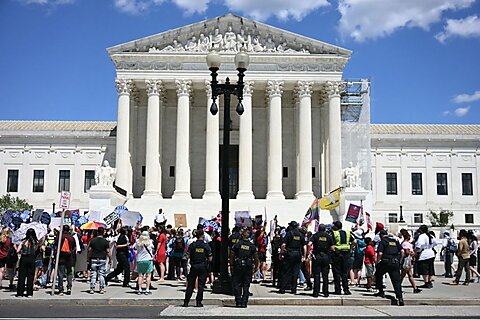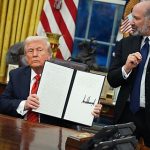
Brent Skorup
The Supreme Court has been clear in the past that government officials cannot directly or indirectly coerce a private party to censor speech on the government’s behalf. However, in its Murthy v. Missouri decision today, the court made it harder for Americans to vindicate their free speech rights when censorship is secretive.
Several people, including former Harvard professor Martin Kulldorff, sued the White House, the FBI, and other agencies, alleging that government officials coerced YouTube, Twitter, and other tech companies to remove their online posts and commentary, including criticisms of the government’s COVID-19 policies. In light of government emails to social media companies and other evidence presented, a federal judge prevented those agencies and their employees from urging social media companies to censor. That preliminary injunction was narrowed but largely upheld by the Fifth Circuit Court of Appeals.
The government agencies appealed, and the Supreme Court today reversed those lower court decisions. The court held that Kulldorff and others had not presented enough evidence of censorship and therefore they lacked standing to sue. For now, government communications with social media companies can continue. It’s discouraging to see the court impose a high burden on people who want to prevent the government from using its power to indirectly chill the speech of private parties and government critics.




